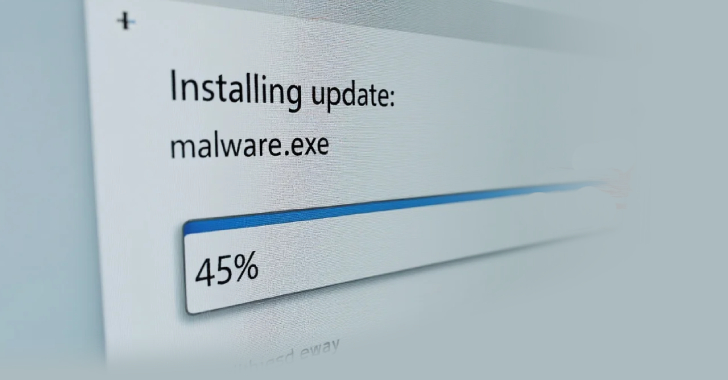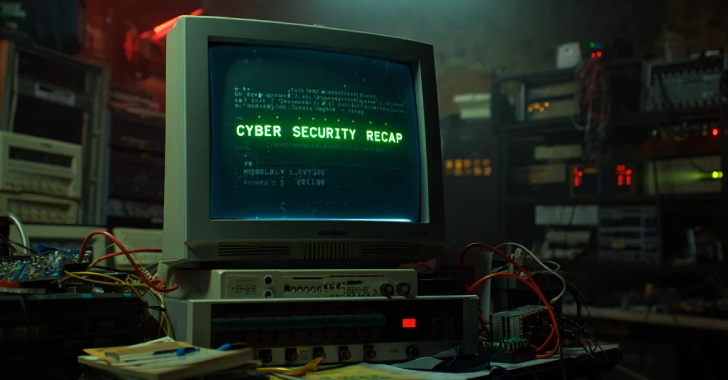
The Emergence of vCISOs in an Age of Remote Workforces
The world of work has transformed drastically over the past few years. Remote work has become the new norm, reshaping the way companies operate and redefining the role of cybersecurity. With sensitive data now accessible from various locations, the need for robust cybersecurity measures has never been greater. In response to this evolving landscape, the role of the Virtual Chief Information Security Officer (vCISO) has emerged as a critical component of a modern organization’s cybersecurity strategy.
The Rise of Remote Work
The COVID-19 pandemic forced many companies to shift to remote work virtually overnight. While remote work was already on the rise, the pandemic accelerated this trend exponentially. As a result, companies had to quickly adapt their IT infrastructures and security protocols to support a distributed workforce.
One of the biggest challenges posed by remote work is the increased vulnerability to cyber threats. Employees working from home often use personal devices and unsecured networks, making it easier for cybercriminals to exploit vulnerabilities. This shift demanded a more proactive approach to cybersecurity, leading to the emergence of vCISOs.
What is a vCISO?
A vCISO, or Virtual Chief Information Security Officer, is a cybersecurity expert who provides strategic guidance and oversight to an organization on a part-time or contract basis. They bring the expertise of a traditional Chief Information Security Officer but operate remotely. This flexibility allows organizations to access top-tier cybersecurity talent without the overhead costs of a full-time executive.
Key Responsibilities of a vCISO
- Risk Assessment: vCISOs conduct comprehensive risk assessments to identify potential vulnerabilities within an organization’s systems and processes. This includes evaluating the security of remote work setups.
- Strategy Development: They develop and implement a cybersecurity strategy tailored to the organization’s specific needs and goals, which now often include securing remote work environments.
- Incident Response: vCISOs create incident response plans to mitigate the impact of cybersecurity incidents, ensuring a swift and effective response in the event of a breach.
- Compliance and Regulation: They keep organizations compliant with relevant cybersecurity regulations and standards, which have become more stringent in response to the increased remote work threat landscape.
- Security Awareness Training: Educating employees about cybersecurity best practices is crucial, especially in a remote work setting. vCISOs often oversee or assist in delivering training programs.
Why vCISOs are Essential in Remote Work Environments
The emergence of vCISOs can be attributed to several factors:
- Expertise and Experience
Cybersecurity is a rapidly evolving field, and the expertise required to navigate it effectively is in high demand. vCISOs typically have extensive experience and up-to-date knowledge of cybersecurity threats and best practices. This expertise is invaluable for organizations facing the complex challenges of securing remote workforces.
- Cost-Efficiency
Hiring a full-time Chief Information Security Officer can be expensive, especially for smaller and mid-sized companies. vCISOs offer a cost-effective alternative, providing access to top-tier cybersecurity talent without the ongoing salary and benefits commitments.
- Flexibility
Remote work brings a degree of unpredictability to business operations. vCISOs are well-suited to this environment, as they can adapt to changing circumstances and provide cybersecurity support when and where it is needed most.
- Scalability
As organizations grow or encounter new cybersecurity challenges, they can easily scale up their vCISO support. This flexibility allows companies to maintain robust cybersecurity measures without committing to permanent staffing changes.
- Focus on Core Competencies
By outsourcing cybersecurity leadership to vCISOs, organizations can free up internal resources to focus on their core competencies. This is particularly important in a remote work setting, where IT departments are often stretched thin.
The Future of vCISOs
The demand for vCISOs is expected to continue growing as remote work becomes a permanent fixture of the modern work environment. Here are some key trends to watch in the world of vCISOs:
- Integration with IT and HR
As cybersecurity becomes even more intertwined with remote work policies and employee behavior, vCISOs will work closely with IT and HR departments to ensure a holistic approach to security. This may include vetting remote work tools and implementing strict cybersecurity policies for remote employees.
- Specialized Expertise
Cyber threats are becoming increasingly sophisticated and diverse. vCISOs with specialized expertise in areas such as cloud security, IoT security, and threat intelligence will be in high demand to address these evolving challenges.
- Increased Regulation
Regulatory bodies are paying closer attention to cybersecurity, and compliance requirements are becoming more stringent. vCISOs will play a crucial role in helping organizations meet these regulatory demands while also enhancing their overall cybersecurity posture.
- Artificial Intelligence and Automation
vCISOs will harness the power of artificial intelligence and automation to enhance threat detection and response capabilities. These technologies will allow organizations to respond to threats more rapidly and effectively.
- Cybersecurity Awareness
Education and awareness will remain a top priority. vCISOs will continue to emphasize cybersecurity training for employees, helping them become the first line of defense against cyber threats.
Conclusion
The emergence of vCISOs reflects the changing landscape of work in an age of remote workforces. These virtual security experts provide organizations with the specialized knowledge and flexibility needed to navigate the evolving cybersecurity challenges posed by remote work. As remote work continues to shape the future of business, the role of vCISOs will only become more crucial in safeguarding sensitive data and ensuring the resilience of organizations in the digital age.
Contact Cyber Defense Advisors to learn more about our Virtual Chief Information Security Officer (vCISO) solutions.





